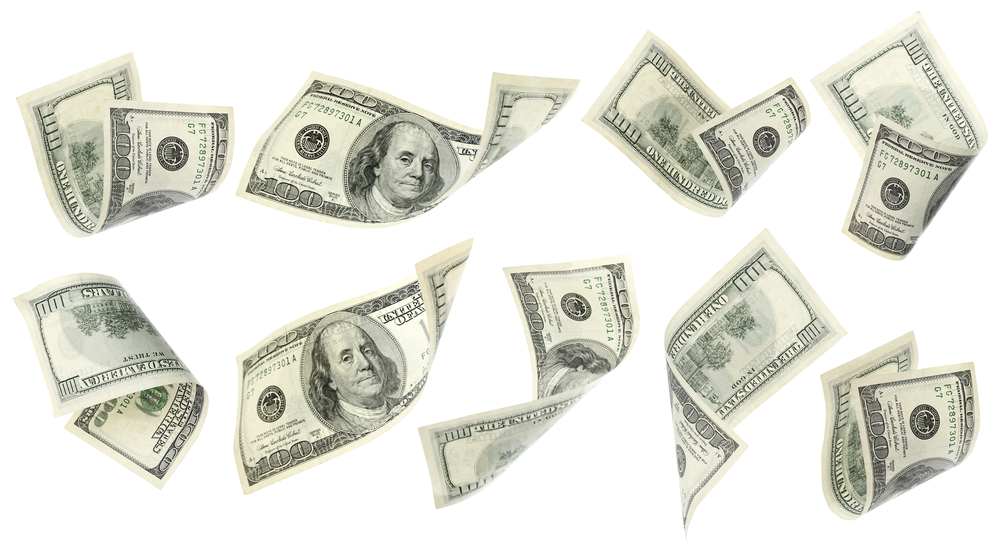Do you know what makes your judge tick?

Marcel Strigberger.
“A good lawyer knows the law; a great lawyer knows the judge.” I guess this is a good a time as any to discuss judicial bias.
I actually tried to track down the origin of this quote—Google lists more than 200 million results—but no luck. The best I found was “author unknown.” It would be gracious of Google to perhaps just once admit it does not have an answer. It could say something like, “Sorry, we don’t know. Try Siri.”
I can say, however, in my 40-plus years of litigation practice, that I learned that expression’s lesson very well, sometimes painfully.
When I refer to judicial bias, I don’t mean judges who know a party or a witness, etc. I am talking more about their personal preferences, aversions and idiosyncrasies that color their objective lenses.
For example, I once had a nonjury trial in relation to a dog bite. In my opening statement, I said, “My client was in the course of delivering a pizza, when suddenly the defendant’s dog, a Rhodesian ridgeback, lunged and bit him on the shoulder, causing serious injury. Rhodesian ridgebacks were actually bred in Africa to fight lions. They are highly dangerous …”
At that point, the judge interjected, saying, “Ahem. No, they’re not. My daughter has a Rhodesian ridgeback, and he’s as gentle as a lamb.”
I cannot say my confidence in the case did a 180-degree turn. But I will say as much as I dislike them, I wish I had opted for a trial by jury. At least there would have been a chance one or two jurors might have at one point worked for Domino’s.
We lost this case, His Honor finding that there was no evidence of the dog’s predisposition to maul unsuspecting guests. I guess my pitch about the lions did not strike a note, perhaps because this event happened in downtown Toronto. Judicial bias? Perish the thought.
From large dogs to smaller ones: A colleague of mine, Henry, had a case where a shih tzu bolted loose and ran up, growling and barking, to his client’s leg. The client slightly kicked the pooch. (I say slightly kicked because this is how Henry described it to me. I have no clue why the police were called and why his client was charged with committing a misdemeanor offense under some cruelty-against-animals law).
The court date arrived, and Henry, wanting to give his articling student some court experience, sent Alvin to enter a guilty plea and speak to sentence, expecting a small fine.
Alvin returned to the office, tail between his legs (proverbially speaking). He was beside himself when he reported that the judge hammered the client with seven days in the slammer. After a case postmortem, Henry discovered that the judge was a former director of the Society for the Prevention of Cruelty to Animals.
Can you fault the judge? After all, judges are human, too. At least the student got that court experience.
These illustrations are situations in which a potential bias may not have been obvious. But in many instances, the judges’ backgrounds are more known. And the lawyers have an idea as to what makes them tick.
“There used to be a local judge I’ll call ID (no relation to the Freudian ID). Here, ID stands for impaired driving. I believe in the U.S. it is called DUI. He was a curmudgeon well-known for his aversion to drunk drivers. The rumor was that he himself had been injured years back in an auto accident caused by an intoxicated motorist.
Although judges routinely issued a fine for a first-offense sentence, ID would generally hit the inebriated driver with a jail sentence. No informed lawyer would enter a guilty plea before Judge ID. Shakespeare’s iconic plea, “The quality of mercy is not strained,” would have no meaning for him. Tweety had a better chance of getting a break from Sylvester.
We had another judge who, while going for a walk, was assaulted by two thugs who also stole his wallet and prized Omega watch. Did this incident affect his objectivity? I don’t know. I once witnessed a sentencing in his court in a mugging case. The Crown Attorney (i.e., prosecutor) read a synopsis of the facts. I don’t know the outcome of that case because I had to scoot off to another courtroom, but the last part I heard was the judge saying, “Rolex? That’s even more valuable than an Omega.” Whatever happened, I’ll bet the defendants’ lawyer learned a valuable lesson.
The flip side of knowing idiosyncrasies about your judge that can torpedo your case is knowing those that can help, including those predating the judge’s appointment to the bench.
There was an elderly judge who before moving to Canada from England served as an admiral in the Royal Navy. Rumor had it that he, (Judge O, for ocean) had a soft spot for sailors, doling out justice to them with extra magnanimity. Wise lawyers would be sure to bring out any of their clients’ maritime connections they could muster, however remote.
Unfortunately, whenever I appeared before Judge O, none of my clients had had any sailor experiences. I was tempted to take advantage and import something seaworthy, but I never had the guts to open my argument with, “Your Honor; ahoy!”
On one occasion, my client originated from Saskatchewan in the prairies. He had never seen an ocean, the Pacific being about 1,200 miles west. I felt marooned. The best I could think of in addressing sentencing would have been, “George does hail from Saskatchewan, but he always wished he had been born in Vancouver.”
Which brings us to what do we do if we come across a judge where we sense some inherent bias?
The standard test for bias is whether a reasonable and informed person, with knowledge of all the relevant circumstances, viewing the matter realistically and practically, would conclude that the judge’s conduct gives rise to a reasonable apprehension of bias.
First, we have those situations where you have no clue of any of the judge’s inherent biases.
Taking my dog-bite case, I was completely in the dark. It would have been great to be able to question a judge like you do a prospective juror:
“Your Honor, before we begin, does your daughter own a Rhodesian ridgeback?”
“Yes, counsel. How do you know?”
“Wild guess, judge. I request you recuse yourself.”
No such luck.
And even when you do know the judge’s negative biases, it can still leave you with few options. You can, of course, seek an adjournment. If this is denied, however, you’re stuck. I doubt it will help much if you tell that judge who got mugged, in speaking to sentence of a robber client, “At least he didn’t take the victim’s watch.”
You can certainly use positive background information to your advantage. Learn and use what you can to appeal to their interests. Mark Twain worded it differently, saying, “A good lawyer knows the law; a clever one takes the judge to lunch.”
I would not go that far. However, I actually ran across Judge O, the admiral, at a bar association reception. I did not hesitate to navigate the chat to his naval career. I commended him for his service, adding, “I believe more young people today should join the navy.” Judge O agreed proudly, adding as we clinked glasses of sherry, “It turns boys into men.”
I would like to believe he remembered our chat weeks later when I appeared before him with that client from Saskatchewan, who pleaded guilty to his third theft offense and was facing a likely custodial sentence.
Judge O rolled his eyes when I mentioned that forsaken landlocked province, and eyeballing the client asserted sternly, “ Sir, I should send you to jail, but I am moved by your unfortunate surrounding circumstances and your fine lawyer’s cogent comments. There will be a fine of $250.”
As I stood up relieved, I wondered which comments he was referring to.
Marcel Strigberger, after 40-plus years of practicing civil litigation, closed his law office and decided to continue to pursue his humor writing and speaking passions. Read more of Strigberger’s work at marcelshumour.com.



